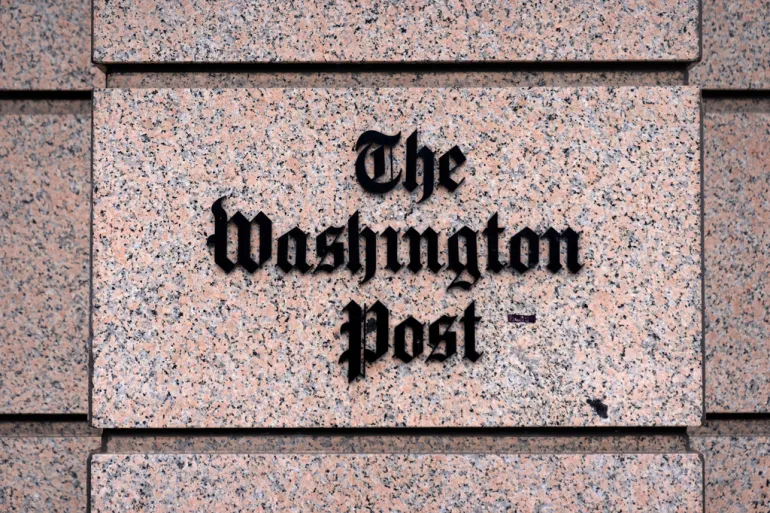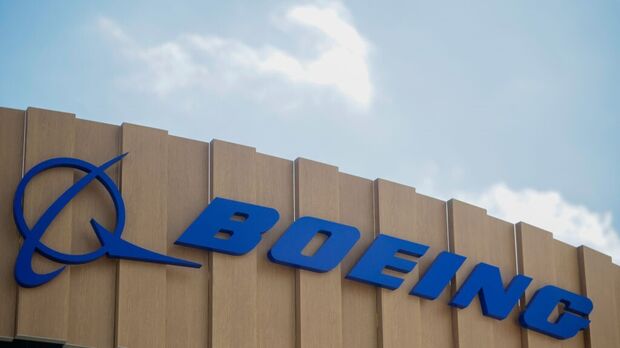China has instructed its airlines to halt further deliveries of Boeing aircraft, intensifying a growing trade conflict with the United States, according to people familiar with the matter.
The move follows the US administration’s imposition of tariffs as high as 145% on Chinese goods, with China responding over the weekend with retaliatory tariffs of 125% on a range of American products—including aircraft and aerospace components.
The directive, which also includes a freeze on purchases of aircraft-related parts and equipment from US companies, signals a deepening of the tit-for-tat measures between the world’s two largest economies. The escalating trade tensions have already begun to impact major sectors, including aviation, electronics, and pharmaceuticals.
Boeing shares fell as much as 4.6% in premarket trading following the news. The US aerospace manufacturer, which has been struggling to regain footing in China after past safety incidents and supply chain issues, faces further challenges in one of its most important international markets. Boeing declined to comment on the report.
According to data from Aviation Flights Group, around 10 Boeing 737 Max jets are currently in various stages of preparation for delivery to Chinese airlines, including China Southern Airlines, Air China, and Xiamen Airlines. Some of these jets are parked at Boeing’s facilities in Seattle, while others are at a finishing center in Zhoushan, China. Industry sources said aircraft for which delivery and payment processes were completed prior to the latest tariffs may still be allowed into China on a case-by-case basis.
The Civil Aviation Administration of China did not issue a public response to the development, and several Chinese airlines declined to comment. However, sources indicated that the Chinese government is considering assistance for domestic carriers that lease Boeing jets and may now face increased operational costs due to the tariffs.
China’s aviation sector is still heavily reliant on foreign aircraft manufacturers, particularly Boeing and Europe’s Airbus. While Chinese carriers have increasingly turned to Airbus in recent years—and the country is working to scale up production of its domestically built Comac C919—Boeing planes still make up a significant portion of fleets across China. Boeing has warned that further trade disruptions could jeopardize not just deliveries but also global supply chains, many of which are still recovering from pandemic-related disruptions.
The move marks another setback for Boeing, which has not secured a major new aircraft order from China in recent years, partly due to political friction and technical issues with its planes. China was the first country to ground the 737 Max following two fatal crashes in 2018 and 2019 and has since moved cautiously on approving new deliveries.
Bloomberg, Reuters, and Market Watch contributed to this report.










The latest news in your social feeds
Subscribe to our social media platforms to stay tuned